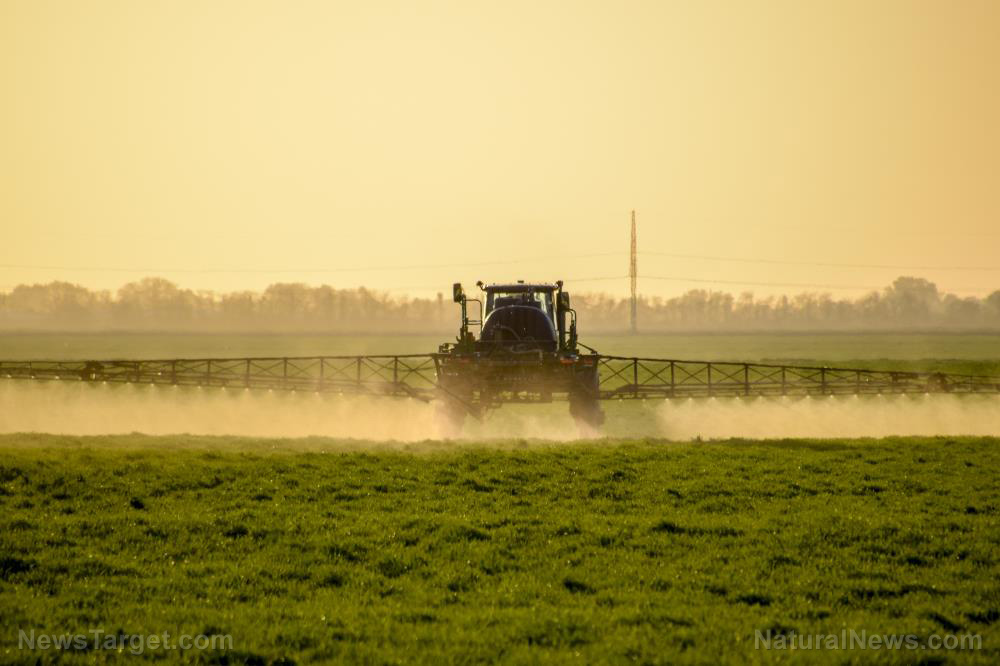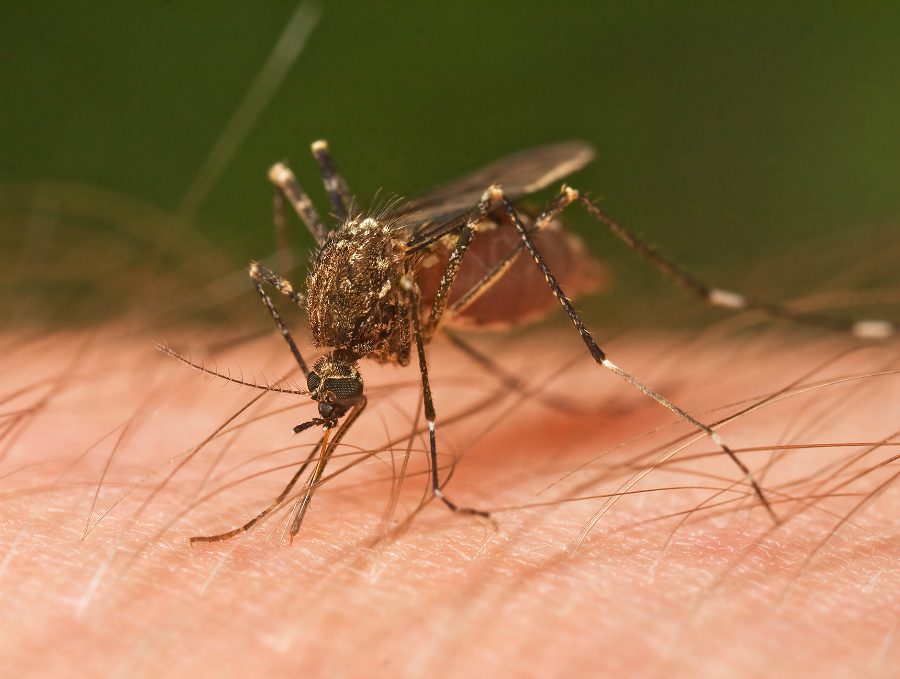Rising cancer rates in Iowa linked to agricultural chemicals like glyphosate, atrazine and chlorpyrifos
08/29/2024 / By Lance D Johnson

Iowa is grappling with a stark and troubling reality: the state has recently been identified as having the fastest-growing cancer rates in the nation. This alarming increase in cancer rates has prompted a closer examination of environmental factors contributing to this troubling trend. A 2024 report by the Iowa Department of Public Health reveals that cancer rates in rural areas of the state, where pesticide use is more intensive, are significantly higher compared to urban regions. The study highlights that communities with heavy agricultural activity have seen a rise in cases of leukemia, lymphoma and breast cancer.
Iowa’s cancerous frontier dominated by glyphosate, atrazine, nitrates, chlorpyrifos
Iowa has seen a dramatic rise in cancer diagnoses, with 486 new cases per 100,000 people in 2024, surpassing the national average of 444 cases per 100,000. The estimated number of new cancer cases this year stands at 21,000, with approximately 6,100 deaths expected. This surge in cancer rates is particularly concerning given that Iowa’s cancer incidence now outpaces other states facing their own unique health challenges, such as industrial pollution, smoking and high obesity rates.
The state, known for its expansive agricultural landscape, relies heavily on pesticides to protect crops and maximize yields. The state’s agriculture sector uses a variety of chemical treatments, including herbicides, insecticides and fungicides. The most commonly used pesticides in Iowa include glyphosate, atrazine and chlorpyrifos.
Glyphosate, a broad-spectrum herbicide, is used extensively in the cultivation of corn and soybeans. Glyphosate disrupts the shikimate pathway of gut microbes and has been linked to an increased risk of non-Hodgkin lymphoma, a type of cancer that affects the lymphatic system.
Atrazine, another herbicide, is frequently applied to control weeds in cornfields. Atrazine has been associated with endocrine disruption, which may increase the risk of certain cancers. Studies have found atrazine is responsible for alterations in the HPG axis, damaging reproductive function. It also has estrogenic effects, leading to aromatase activation, including inhibition of PDE4 and altered hormone secretion — precursors to breast cancer.
Chlorpyrifos, an insecticide, is employed to combat pests in a variety of crops. Chlorpyrifos, although banned for residential use, is still permitted in agriculture and has been linked to developmental and cancer risks.
Nitrates, which are key ingredient in fertilizers used across Iowa, are linked to colorectal cancer.
In addition to herbicides, insecticides and fertilizer, radon — a naturally occurring radioactive gas — also poses a significant risk. Radon is the leading cause of lung cancer among non-smokers and is particularly problematic in Iowa, where levels are six times higher than the national average. Radon can seep into homes undetected, further exacerbating health risks for residents.
Public becoming more aware of the most pervasive cause of cancer — agricultural chemicals
Local advocacy groups have been vocal about the need for regulatory changes and increased transparency regarding pesticide use. “We’re seeing a troubling correlation between pesticide exposure and rising cancer rates,” said Emily Carter, director of the Iowa Environmental Justice Coalition. “It’s crucial that we address this issue head-on by implementing stricter regulations and supporting research into safer alternatives.”
Environmental organizations have called for a re-evaluation of pesticide approval processes and greater investment in research on organic farming methods. They advocate for increased monitoring of pesticide residues in soil and water, and better protection for agricultural workers and their families.
Sharon, an Iowan diagnosed with chronic myeloid leukemia, and Dave, who has battled non-Hodgkin’s lymphoma, have turned their attention to advocating for better water safety and stricter regulations on pesticides. Both individuals, from Davenport, barely drink alcohol, do not smoke and are physically active. They have invested in extensive water testing and filtration to mitigate potential contamination from agricultural chemicals.
“We want our water tested, reported, and treated for pesticides and nitrates,” Sharon Kendall-Dunn stated. “We don’t know exactly where the exposure came from, but we believe it’s crucial to address it.”
Their concerns are echoed by Linus Solberg, a Palo Alto County supervisor who has witnessed numerous cancer cases in his rural community. Solberg attributes the high cancer rates to a combination of agricultural chemicals and radon exposure. He has been vocal about the need for more research and governmental action to address these issues.
Using laboratory-verified water filtration is one of the most important steps to take in a frontier of toxic, hormone-disrupting agricultural chemicals.
For more on the devastating hormonal and developmental effects of atrazine:
Sources include:
Shri.publichealth.edu [PDF]
Submit a correction >>
Tagged Under:
agricultural chemicals, Atrazine, breast cancer, cancer, carcinogens, Chlorpyrifos, Colorectal Cancer, dangerous chemicals, environ, environmental health, farming practices, fertilizer, food supply, glyphosate, herbicides, hormonal disruption, insecticides, iowa, myeloid leukemia, Nitrates, non-Hodgkin’s lymphoma, poison, toxic chemicals, toxic water, world agriculture
This article may contain statements that reflect the opinion of the author




















